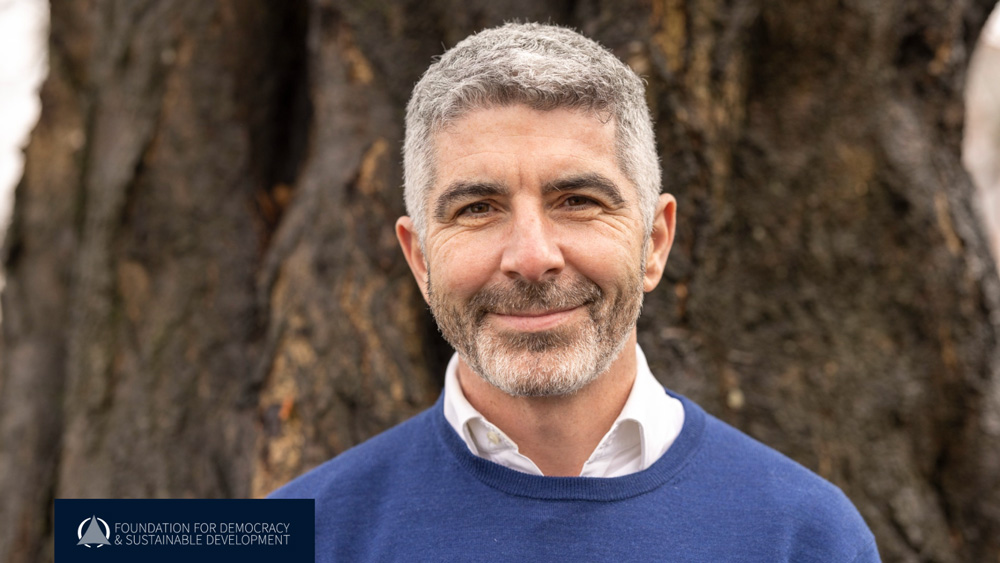
https://www.unglobalcompact.org.uk
The SDGs have only 9 more years to go, but they are still not integrated into local government strategy and delivery in England. To help explore why, and share good practice, FDSD worked with UN Global Compact Network UK, Bristol City Office, and the All-Party Parliamentary Group on the UN Goals for Sustainable Development to run a session on 21st July 2021 on Localising the Global Goals at the UN Global Compact Network UK’s Conference on Responsible Business and SDGs (from where you can download the event).
The speakers included the Rt Hon Justine Greening, former Cabinet Minister and Founder and Chair, Social Mobility Pledge and Levelling Up Goals; and Marvin Rees, Mayor of Bristol. Bristol has a One City Plan which links to delivery of the SDGs, as does the city’s Corporate Strategy. They were also the first city in the UK to do their own Voluntary Local Review, has an SDG Alliance and written a handbook on how other cities can engage. The reasoning behind this direct linkage to the SDGs was that of a recognition that all the interconnected issues were relevant to them and that it provided a global language to engage with other cities such as Helsinki or New York. He also noted that by putting themselves forward as low carbon and socially resilient you become attractive to inward investment in uncertain times.
Justine saw the SDGs as a way to knit government, businesses and civil society mobilising them around complex challenges, and creating partnerships for action beyond conventional politics. She has also set up the Levelling Up Goals in a similar way to the SDGs, and alongside them, in order to focus further on some issues specific to the UK.
Junko Ota, Policy Researcher, at the Institute for Global Environmental Strategies (IGES) talked inspiringly about how Kitakyushu in Japan was one of the first SDG Future Cities. They saw this approach as a way to revitalise an ailing economy through business engagement, as well as working across local government departments to tackle complex problems using horizontal governance models to support SDG achievement. They also have an SDG Council, and wider membership SDG Club which enables cross-sector activity. As well as producing their own Voluntary Local Review, Kitakyushu also created an SDG Future Fund, uniting disparate thematic funding, as well as creating a Sustainability Bond, uniting social and green bonds.
Breakout groups, following the presentations, were made up of local authority representatives, business leaders and civil society. In addition to positive examples, some of which are also outlined in the UN Sustainable Development Goals: A Guide for Councils, several challenges emerged to realising sustained action at local level:
- Local authorities, where they are engaged, are not focussing on the full range of SDGs – “we are still thinking in silos and failing to consider their interconnectedness”;
- Business, civil society and local authorities are also not working together on issues of mutual concern. By conducting separate initiatives, they are not maximising impact;
- Some large businesses are only focusing their SDG efforts at national level, and not realising the need to think about their local relevance;
- People are not feeling that the SDGs are linked to their everyday lives. The example was given of Bristol Global Goals Centre as a way to help educate people using relevant themes such as fast fashion;
- There is a lack of meaningful and relevant data at local level which is holding back action, as well as too many disparate frameworks and agreements that are both relevant but also confusing, particularly for SMEs.
For details about the conference (including recordings), please go to: https://www.unglobalcompact.org.uk/responsible-business-and-sdgs-summit/



